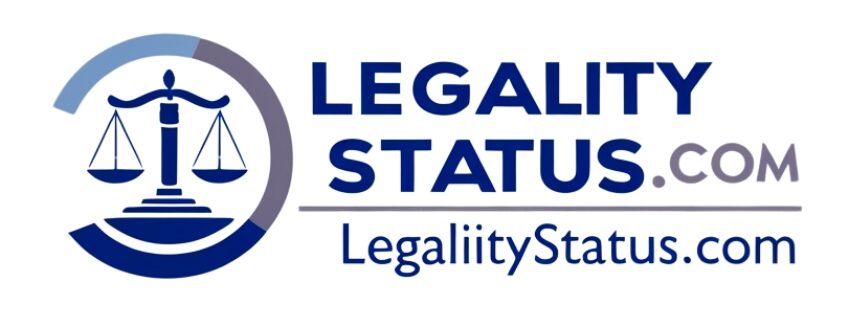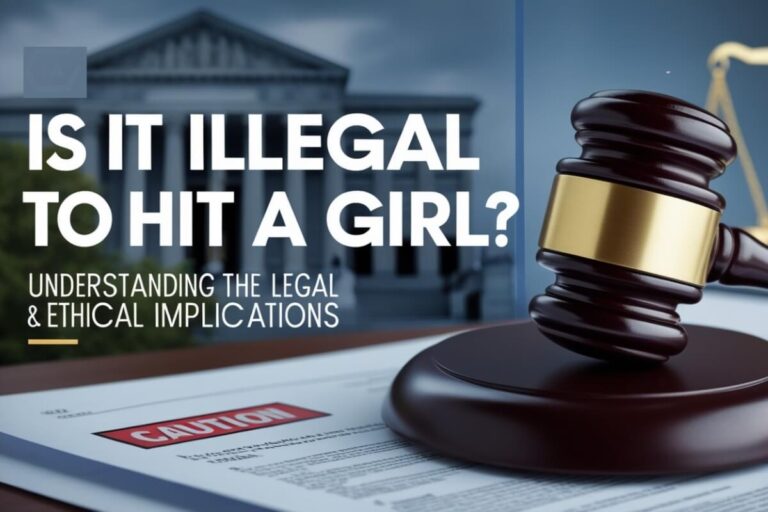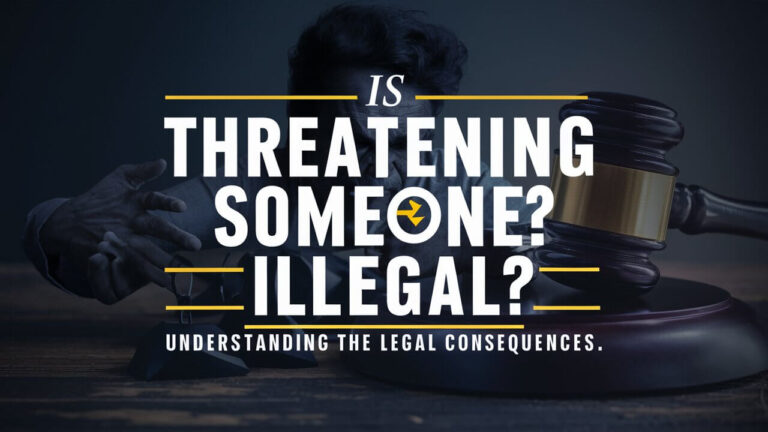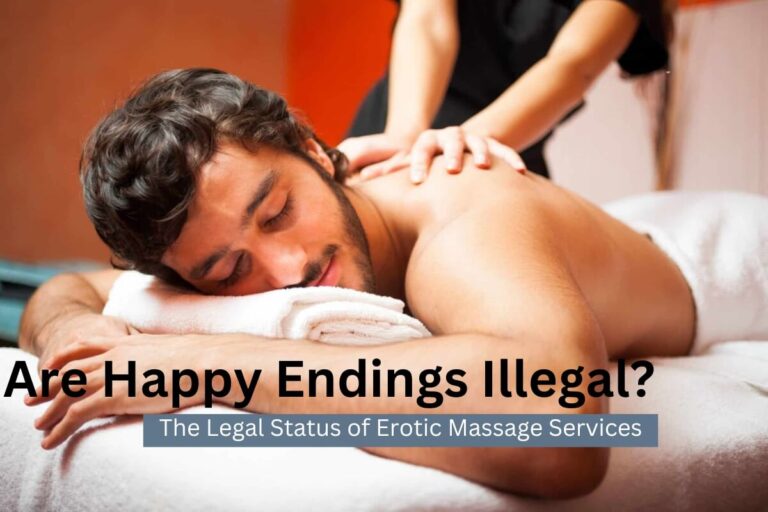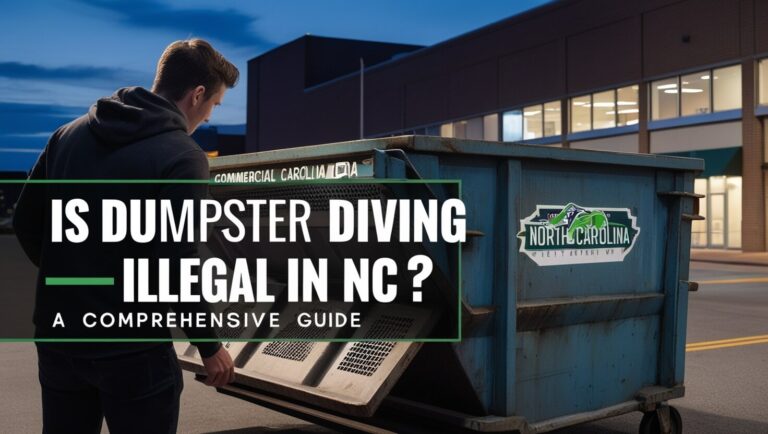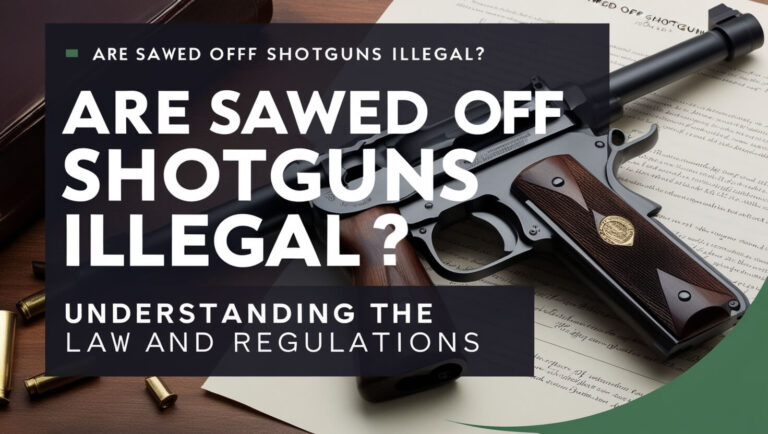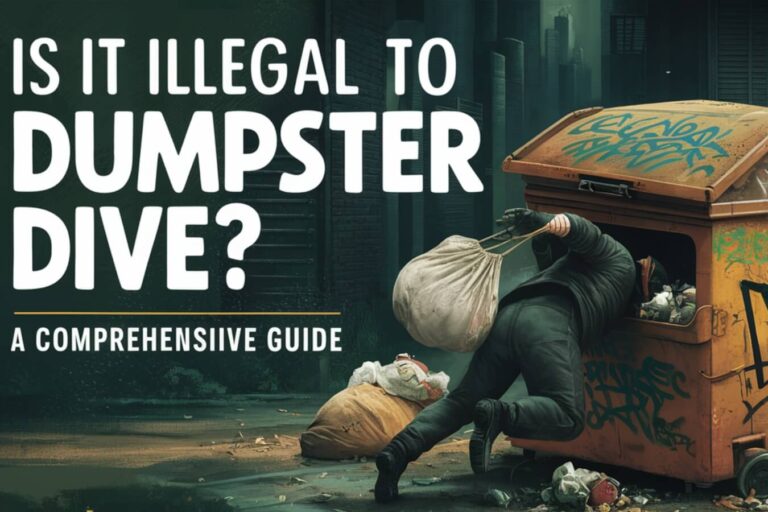Is It Illegal to Sing in Singapore? Understanding the City-State’s Unique Laws
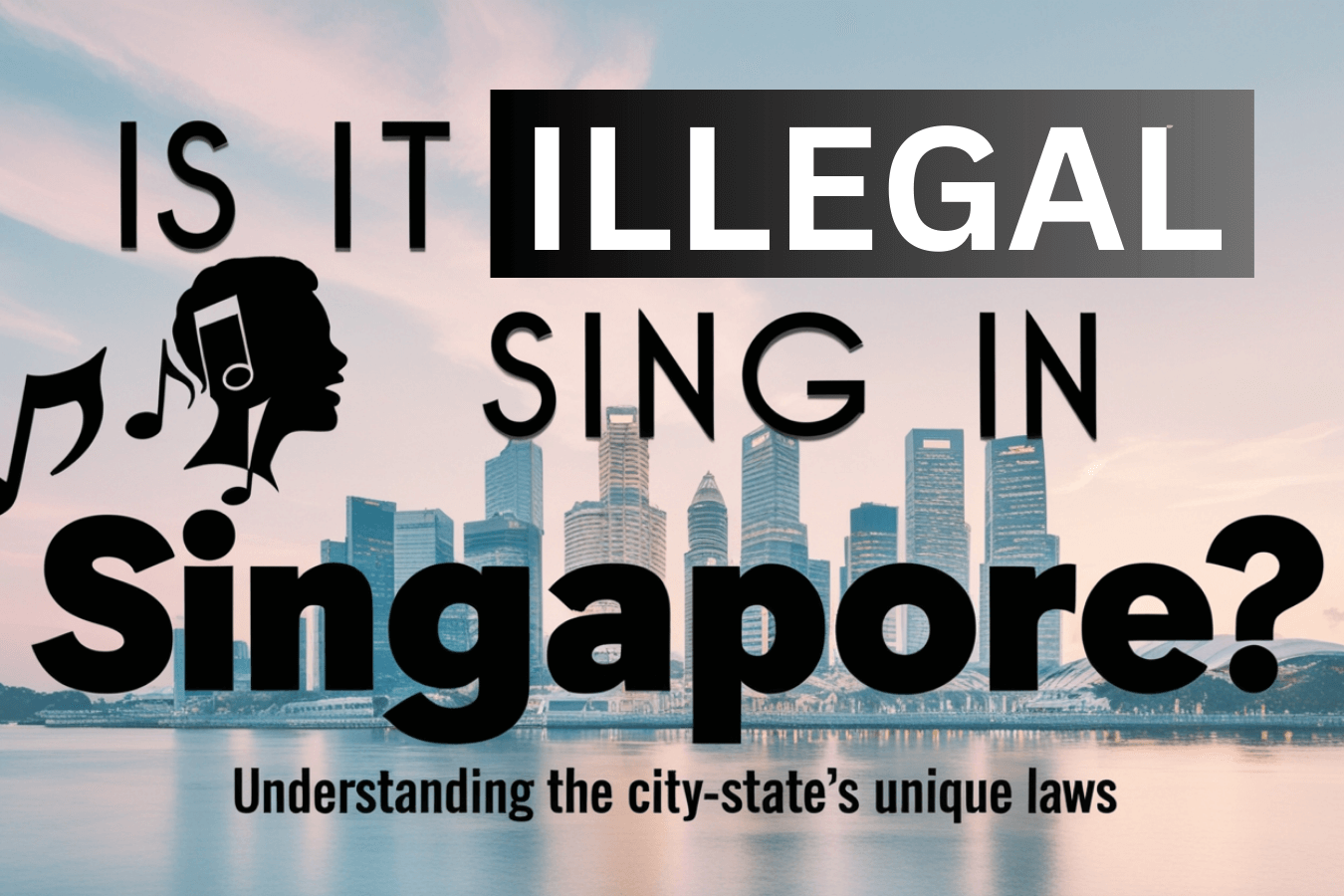
Singing is a universal form of expression, but in Singapore, it’s not always as simple as opening your mouth and letting the music flow. If you’re wondering “Is it illegal to sing in Singapore?”, the short answer is no – singing itself is not illegal. However, there are specific circumstances where singing can land you in trouble with the law. This article will explore the nuances of Singapore’s regulations around public singing, helping visitors and residents alike navigate this unique aspect of the city-state’s legal landscape.
The Origins of Singapore’s Singing Regulations
Historical Context of Public Order Laws
Singapore’s approach to public behavior, including singing, has deep roots in its history. As a young nation focused on rapid development and social harmony, Singapore implemented various laws to maintain order and cleanliness. These regulations, which may seem strict to outsiders, have played a crucial role in shaping the country’s reputation for safety and orderliness.
In the 1960s and 1970s, as Singapore was establishing itself as an independent nation, the government introduced a series of laws aimed at promoting social cohesion and public order. These included regulations on noise levels, public gatherings, and behavior in shared spaces. The goal was to create a harmonious environment in a densely populated urban setting.
Evolution of Noise Control Measures
Over the years, Singapore’s approach to noise control has evolved. Initially, broad laws were put in place to manage public disturbances. As the city-state developed, these regulations became more specific, addressing various sources of noise, including music and singing.
The government recognized the need to balance the interests of those seeking peace and quiet with the desires of individuals to express themselves through music. This led to the development of more nuanced regulations that considered factors such as time of day, location, and the nature of the musical activity.
Current Legal Framework for Singing in Singapore
Public Order Act and Its Implications
The Public Order Act is one of the key pieces of legislation that can affect singing in public spaces. While it doesn’t explicitly prohibit singing, it does give authorities the power to manage activities that could disrupt public order. Under this act, gatherings and performances in public places may require permits, depending on their nature and size.
For singers and musicians, this means that impromptu performances or large gatherings centered around musical activities could potentially fall under scrutiny. However, it’s important to note that the act is primarily concerned with maintaining public safety and order, rather than specifically targeting musical expression.
Miscellaneous Offences (Public Order and Nuisance) Act
Another relevant law is the Miscellaneous Offences (Public Order and Nuisance) Act. This act addresses various behaviors that could be considered public nuisances, including excessive noise. Section 14 of this act states that it is an offense to make any noise by any instrument or other means in such a manner as to cause or be likely to cause annoyance or inconvenience to the public.
For singers, this means that while singing itself is not illegal, doing so in a way that disturbs others could potentially lead to legal issues. The key factors here are the volume, timing, and location of the singing, as well as its impact on those around you.
When Singing Becomes Illegal in Singapore
Singing Obscene Songs in Public
One clear instance where singing can cross legal boundaries in Singapore is when the content of the song is considered obscene or offensive. The Penal Code of Singapore prohibits the singing of obscene songs in public places. This law aims to maintain public decency and protect individuals, especially minors, from exposure to inappropriate content.
It’s worth noting that the definition of “obscene” can be subjective and may depend on cultural context. Visitors to Singapore should be particularly cautious about singing songs with explicit lyrics or content that could be considered offensive in a conservative social setting.
Causing Annoyance Through Musical Acts
Another scenario where singing might become problematic is when it causes significant annoyance to others. This doesn’t mean that every instance of singing that someone finds bothersome is illegal. Rather, it refers to persistent or excessively loud singing that disrupts the peace and comfort of others, especially in residential areas or during late hours.
The law takes into account factors such as the time of day, duration of the singing, and its impact on the surrounding community. For instance, singing loudly in a residential area at 2 AM is more likely to be considered a nuisance than singing at a reasonable volume during daytime hours.
Permitted Forms of Singing in Singapore
Licensed Busking and Street Performances
Singapore recognizes the value of street performances in adding vibrancy to public spaces. The government has established a licensing system for buskers, allowing them to perform legally in designated areas. The National Arts Council (NAC) manages this scheme, which requires performers to audition and obtain a license before they can perform in public.
Licensed buskers are allowed to sing and perform in specific locations around Singapore, bringing music and entertainment to public spaces while operating within legal boundaries. This system balances the desire for public performances with the need to manage noise levels and maintain order in busy urban areas.
Karaoke and Entertainment Venues
Singing is very much alive in Singapore’s numerous karaoke lounges and entertainment venues. These establishments are licensed to provide musical entertainment, including singing facilities for patrons. In these contexts, singing is not only legal but encouraged, as long as the venues comply with regulations regarding noise levels, operating hours, and other relevant laws.
It’s important to note that even in these venues, there are still rules to follow. For example, songs with explicit or offensive content may be prohibited, and there are usually time restrictions to prevent disturbances to nearby residents during late hours.
Consequences of Illegal Singing in Singapore
Fines and Penalties
While singing itself isn’t illegal in Singapore, breaking laws related to public nuisance or obscenity through singing can lead to penalties. The exact consequences depend on the nature and severity of the offense.
For instance, under the Miscellaneous Offences (Public Order and Nuisance) Act, causing a public nuisance through noise (which could include excessively loud singing) can result in a fine of up to SGD 1,000. Repeat offenders may face higher fines or even short-term imprisonment.
In cases where the content of the song is deemed obscene or offensive, penalties can be more severe. Under the Penal Code, singing obscene songs in public can lead to imprisonment for up to three months, a fine, or both.
Enforcement and Real-Life Cases
Enforcement of these laws is typically carried out by the Singapore Police Force. In most cases, officers will first issue warnings or advisories before taking more serious action. The goal is often to educate and deter rather than to punish.
There have been instances where individuals have faced legal consequences for their singing activities. For example, in 2019, a man was fined SGD 3,000 for singing Coldplay’s “Yellow” loudly in a residential area late at night, disturbing his neighbors. This case highlights how context – including time, place, and volume – plays a crucial role in determining whether singing crosses legal boundaries.
Public Perception and Controversies
Local Attitudes Towards Singing Regulations
Singaporeans generally have a pragmatic attitude towards the country’s regulations, including those that might affect singing. Many see these laws as necessary for maintaining the quality of life in a densely populated urban environment. However, there’s also ongoing dialogue about finding the right balance between order and personal freedom.
Young Singaporeans, in particular, are increasingly vocal about the need for more spaces for creative expression, including music and performance. This has led to initiatives like the Noise Singapore festival, which provides platforms for young artists to showcase their talents within legal frameworks.
International Media Coverage and Misconceptions
Singapore’s unique laws, including those that can affect singing, often attract international media attention. Sometimes, this coverage can lead to misconceptions or oversimplifications of the actual situation.
For instance, headlines claiming “Singing is Illegal in Singapore” are misleading. Such stories often fail to capture the nuances of the laws and their application. In reality, singing is very much a part of Singapore’s cultural landscape, from karaoke lounges to concert halls and licensed street performances.
Comparison with Other Countries’ Singing Laws
Noise Regulations in Major Cities
Singapore’s approach to regulating public singing and noise is not entirely unique. Many major cities worldwide have laws to manage noise pollution and maintain public order. For example:
- In New York City, the use of sound reproduction devices in public spaces is regulated, and excessive noise can result in fines.
- Tokyo has strict noise regulations, especially in residential areas, affecting everything from construction work to musical performances.
- In London, busking is allowed but regulated, with specific rules for different areas of the city.
The key difference often lies in the strictness of enforcement and the specificity of the regulations. Singapore’s laws tend to be more clearly defined and consistently enforced compared to some other cities.
Unique Musical Restrictions Worldwide
While Singapore’s laws might seem strict to some, there are places with even more unusual restrictions on music and singing:
- In North Korea, only state-approved music is allowed to be performed or listened to in public.
- Some towns in Italy have banned loud music in public spaces to preserve their peaceful atmosphere.
- In China, there have been restrictions on certain types of music at karaoke venues for cultural and political reasons.
These comparisons highlight that while Singapore’s laws are unique in some ways, the regulation of public music and singing is a common practice globally, with each country or city adapting its approach to local needs and cultural norms.
Impact on Singapore’s Music and Entertainment Scene
Challenges for Local Musicians and Performers
Singapore’s regulations on public performances have presented challenges for local musicians and performers. The need for licenses and permits can be a hurdle, especially for up-and-coming artists looking to gain exposure through street performances or small gigs.
However, these challenges have also fostered creativity and adaptability within the music community. Many artists have found ways to work within the system, using social media and online platforms to reach audiences when physical performances are limited.
Adaptation and Creative Solutions
The music scene in Singapore has shown remarkable resilience and innovation in response to regulatory challenges. Some positive developments include:
- The growth of small, intimate performance venues that comply with noise regulations while providing spaces for live music.
- An increase in acoustic and unplugged performances, which are less likely to violate noise restrictions.
- Collaborations between musicians and businesses to create legal performance opportunities, such as in-store gigs or restaurant performances.
These adaptations demonstrate how Singapore’s music scene continues to thrive, finding ways to express creativity while respecting local laws and community needs.
Balancing Public Order and Artistic Expression
Government Initiatives to Support Music
Recognizing the importance of arts and culture, the Singapore government has implemented various initiatives to support the music scene while maintaining public order. These include:
- The Busking Scheme, which provides opportunities for street performances in designated areas.
- Grants and funding programs for musicians and arts organizations through the National Arts Council.
- The development of purpose-built performance spaces that can accommodate live music without disturbing nearby residents.
These efforts show a commitment to fostering a vibrant music scene while addressing concerns about noise and public order.
Ongoing Debates and Potential Changes
The conversation about balancing artistic expression with public order is ongoing in Singapore. There are continuous discussions among policymakers, artists, and the public about how to create more space for creative expression while maintaining the city’s reputation for orderliness.
Some areas of debate include:
- Extending the hours for outdoor performances in certain areas.
- Simplifying the process for obtaining performance licenses.
- Creating more designated spaces for spontaneous musical expression.
These discussions reflect a society grappling with the evolving needs of its citizens and the desire to maintain Singapore’s unique character.
Tips for Visitors: How to Enjoy Music Legally in Singapore
Approved Venues and Events
For visitors looking to enjoy music in Singapore without running afoul of the law, there are plenty of options:
- Concert Halls and Music Venues: Singapore has world-class concert halls and music venues where you can enjoy performances by local and international artists.
- Karaoke Lounges: These are popular and perfectly legal places to sing your heart out.
- Music Festivals: Singapore hosts several music festivals throughout the year, offering a wide range of genres in approved settings.
- Bar and Restaurant Performances: Many establishments feature live music, especially in areas like Clarke Quay and Boat Quay.
- Shopping Mall Performances: Some malls host regular musical performances, especially during festive seasons.
Cultural Etiquette for Public Singing
If you’re inspired to sing in public while in Singapore, keep these tips in mind:
- Be mindful of your volume, especially in residential areas or late at night.
- Avoid songs with explicit or offensive lyrics in public spaces.
- If you want to busk, look into obtaining a proper license through the National Arts Council.
- Respect others’ space and be prepared to stop if asked by authorities or if you’re causing disturbance.
- Consider joining organized karaoke events or open mic nights at licensed venues.
By following these guidelines, you can enjoy Singapore’s musical offerings and even participate in singing activities without worrying about legal issues.
FAQs About Singing Laws in Singapore
Common Misconceptions Addressed
- Is all public singing illegal in Singapore? No, public singing is not inherently illegal. It becomes problematic only if it causes public nuisance or involves obscene content.
- Do I need a license to sing in public in Singapore? For casual singing, no. But for street performances or busking, yes, you need a license from the National Arts Council.
- Can I sing in parks or beaches in Singapore? Yes, but be mindful of your volume and the content of your songs. If you’re causing disturbance, you may be asked to stop.
- Are there time restrictions for singing in public? While there’s no specific law about timing, singing loudly late at night in residential areas is more likely to be considered a nuisance.
- Can I get arrested for singing in Singapore? Arrest is unlikely for singing alone, but persistent violation of noise regulations or singing obscene songs in public could lead to legal consequences.
Legal Advice for Performers and Tourists
For performers:
- Always check local regulations before planning public performances.
- Consider applying for a busking license if you want to perform regularly in public spaces.
- Be aware of noise levels and choose appropriate venues and times for your performances.
For tourists:
- Enjoy singing in designated entertainment venues like karaoke lounges.
- Be respectful of local norms and regulations when expressing yourself musically in public spaces.
- If in doubt, ask local authorities or your hotel staff about appropriate places for musical activities.
The Future of Singing Regulations in Singapore
Potential Legal Reforms
As Singapore continues to develop as a global city, there’s ongoing discussion about potential reforms to laws affecting public performances and artistic expression. Some areas being considered include:
- More flexible zoning for live music performances.
- Streamlining the licensing process for performers.
- Expanding designated areas for street performances.
These potential changes reflect a growing recognition of the importance of arts and culture in urban life.
Evolving Cultural Landscape and Its Influence
Singapore’s cultural landscape is continuously evolving, influenced by both local and global trends. This evolution is likely to impact how singing and music are regulated in the future:
- Increased cultural diversity may lead to more varied forms of musical expression.
- Growing appreciation for the arts could result in more public support for relaxed regulations.
- Technological advancements might introduce new ways of managing noise while allowing for more public performances.
As Singapore balances its reputation for order with the desire for a vibrant cultural scene, the approach to regulating public singing and performances is likely to continue evolving.
Ending Thoughts: Navigating Singapore’s Unique Approach to Public Singing
In answering the question “Is it illegal to sing in Singapore?”, we’ve explored the nuances of a complex topic. While singing itself is not illegal, there are specific circumstances where it can lead to legal issues, primarily when it causes public nuisance or involves obscene content.
Singapore’s approach to regulating public singing reflects its broader goals of maintaining social harmony and order in a densely populated urban environment. While these regulations may seem strict to some, they are part of a system that has contributed to Singapore’s reputation as a safe, clean, and orderly city.
For visitors and residents alike, understanding these laws helps in appreciating the balance Singapore strives to maintain between personal expression and public welfare. By being mindful of the context, content, and impact of your singing, you can enjoy musical expression in Singapore without running afoul of the law.
As Singapore continues to grow and evolve, so too will its approach to public performances and artistic expression. The ongoing dialogue between authorities, artists, and the public promises to shape a future where the joy of singing can be shared more freely while respecting the needs of all members of society.
Whether you’re a tourist looking to belt out a tune at a karaoke lounge, a street performer seeking to share your talent, or simply someone who loves to sing, Singapore offers many opportunities to express yourself musically – just remember to do so with respect for local laws and community standards.
